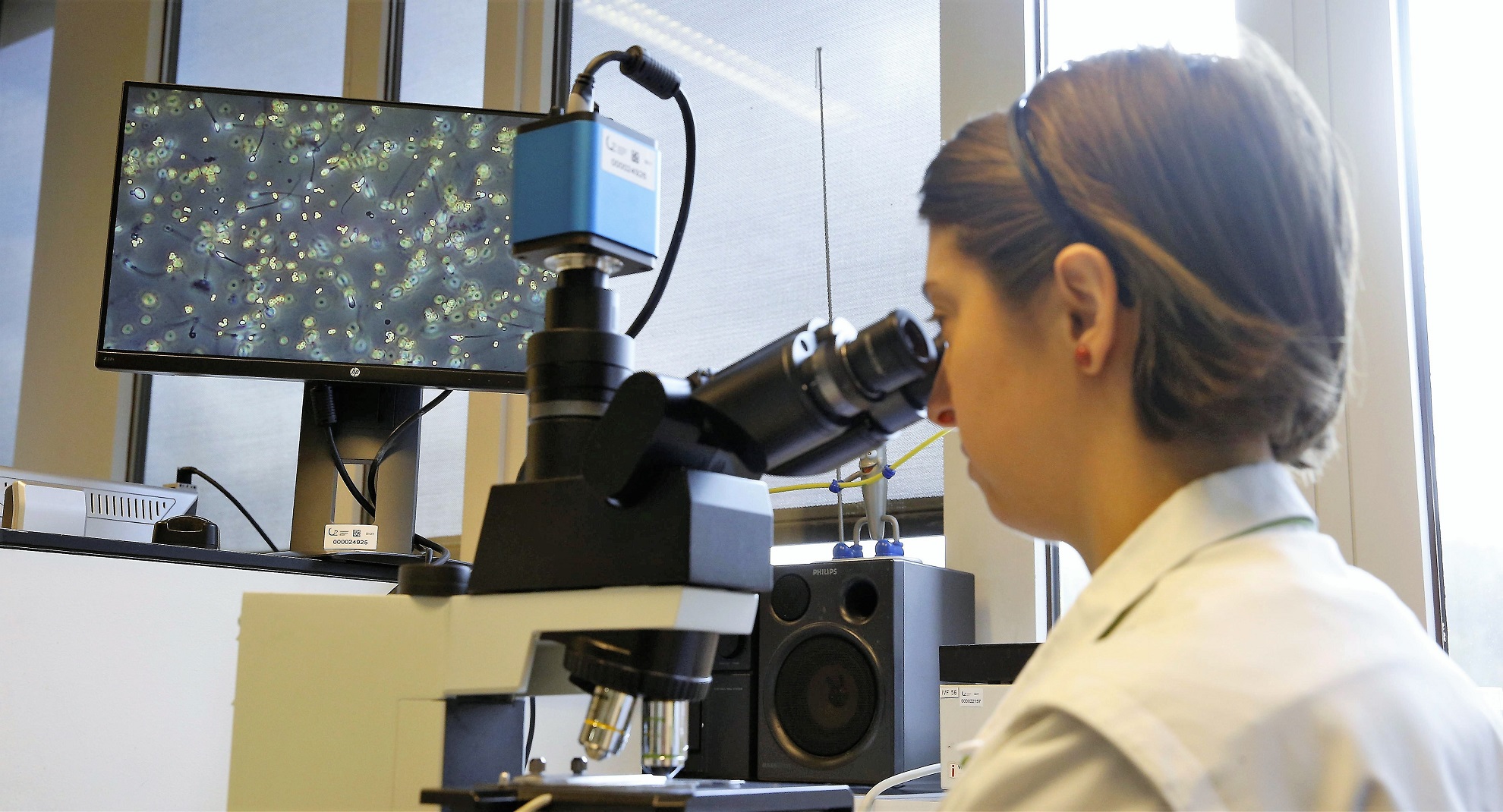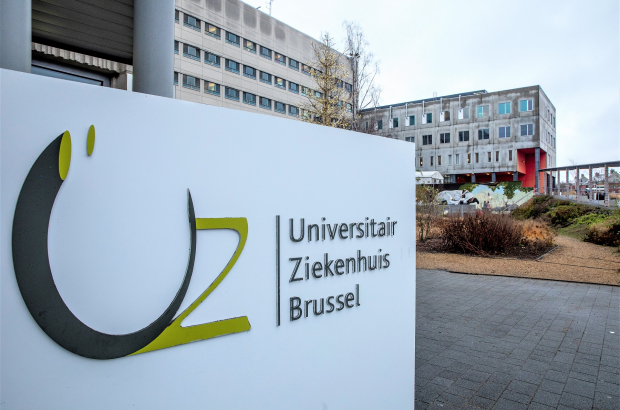- Daily & Weekly newsletters
- Buy & download The Bulletin
- Comment on our articles
UZ Brussels must pay damages to Spanish couple for implanting wrong embryo in ‘saviour baby’ case
The UZ Brussel hospital in Jette must pay damages to a Spanish couple for the implantation of an embryo that led to the birth of twins who did not have the correct genetic material to become bone marrow donors to their older sibling. The couple had travelled to Brussels for the procedure specifically because UZ Brussel’s Centre for Reproductive Medicine is a world leader in fertility issues.
The procedure was meant to produce what is popularly known as a ‘saviour baby’ – babies conceived to become organ or cell donors to existing children. In this case, the new baby was meant to provide bone marrow to a brother. Now 11, the boy has bèta-thalassemie, a blood disorder that requires regular transfusions and often a lifetime of medical treatment.
Neither of the parents could donate their own marrow because the disorder is genetic, and they were carriers of the gene that causes the disorder. They went to UZ Brussel, which fertilised several eggs from the mother and tested the resulting embryos.
Major error
Three of those embryos were healthy enough for in vitro fertilisation but only one was a suitable bone marrow donor. UZ accidently implanted one of the other two. That embryo developed into twins in the womb, and the woman gave birth to twin girls. It then turned out that neither was a suitable donor for her brother.
The remaining embryo, however, had been retained and was implanted in the mother in Madrid. A healthy child followed, and the long-awaited bone marrow transplantation took place last year.
The couple took UZ Brussel to court, however, claiming emotional and financial damages. UZ Brussel fully admitted that it had made a serious error.
The court ordered UZ Brussels to pay what Belgian law calls ‘moral damages’ of €27,000 to the mother for having to undergo another pregnancy, €11,000 to the father and €5,000 to their son for having to wait so much longer for the transplant that significantly improved his life.
The court also awarded the couple €25,000 in material damages, with respect to the cost of raising four children. “The couple was planning to have two, or maybe three, children,” said the judge, “but certainly not four.”
 The Centre for Reproductive Medicine is considered one of the best labs of its kind in Europe ©Nicolas Maeterlinck/BELGA
The Centre for Reproductive Medicine is considered one of the best labs of its kind in Europe ©Nicolas Maeterlinck/BELGA
The decision sets a precedent in Belgium with its judgement that hospitals are responsible for successfully determining and implanting embryos that conform to the genetic requirements of the saviour baby. The entire concept of saviour babies is controversial and being debated in medical communities around the world.
“This is the first legal case in Belgium that has handed down a decision on a saviour baby,” says Fien de Meyer, a doctoral researcher in law at UAntwerp. Together with a colleague, Meyer penned a paper on the case for a Dutch medical journal. While they do not question the moral damages awarded to the family, they are concerned about the material damages.
A crucial condition of the law in Belgium, explains Meyer, is that a saviour baby is not born only in the interests of the older child but that it fits in with the family planning of the couple. In other words, while the embryo implanted ensures that the correct genetic material is present for the child to become a donor, the parents would have had another child anyway.
“Here, that is not the case,” says Meyer. “The parents made it clear that they never intended to have four children. They did not receive the material damages because of the twins that were born due to the mistake made by UZ Brussel, but because of the fourth child – that they themselves chose to have.”
This concerns Meyer, who is not convinced that the judgement for material damages was justified. “This suggests that we can put a price on human life, and that’s what makes this case so ethically murky. The judgement differs from those made previously by the Court of Cassation, which has always been of the opinion that a healthy child can never be considered as a financial loss – even if it is unwanted.”
In this case, the judge took into consideration the context in which the pregnancy took place. “He abandoned the idea that the birth of a child is always a joyous event.”
Photo top ©Hatim Kaghat/BELGA

















